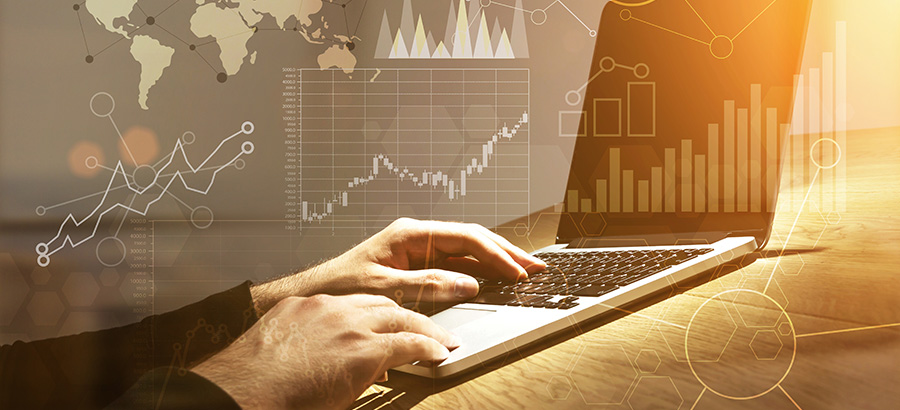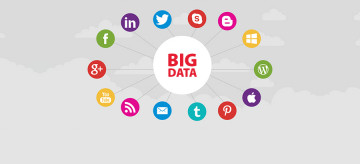- Advertising
- Bare Metal
- Bare Metal Cloud
- Benchmarks
- Big Data Benchmarks
- Big Data Experts Interviews
- Big Data Technologies
- Big Data Use Cases
- Big Data Week
- Cloud
- Data Lake as a Service
- Databases
- Dedicated Servers
- Disaster Recovery
- Features
- Fun
- GoTech World
- Hadoop
- Healthcare
- Industry Standards
- Insurance
- Linux
- News
- NoSQL
- Online Retail
- People of Bigstep
- Performance for Big Data Apps
- Press
- Press Corner
- Security
- Tech Trends
- Tutorial
- What is Big Data
How WHO is Using Big Data to Figure Out How You're Gonna Die

Last year around the world, 50 million adults died. One-half of those deaths, or approximately 25 million, were the result of just ten diseases. What if the World Health Organization, or WHO, had the right data and was able to apply the right data in the right places and the right ways? Could we prevent 25 million unnecessary deaths each year?
WHO Uses Big Data? Yes, They Do

Researchers hope so. Big data is giving WHO and other medical researchers new insight and tools for fighting some of the world’s most devastating diseases and health conditions. For example, most adults in developed nations tend to die from genetic conditions like heart disease, whereas their counterparts in undeveloped parts of the world tend to die more frequently from communicable diseases like HIV/AIDS.
This knowledge can be used to improve the health of both groups—educating those in America and Europe, for instance, about lifestyle changes that are beneficial to the heart, and helping those in the Third World understand more about how these types of diseases are transmitted and how to prevent transmission.
WHO Uses Big Data Where? Everywhere
The WHO has used big data to identify and mitigate the risks of lead exposure in the United States by pooling data from the US census, tax payments, and lead concentrations found in blood tests. This project allowed WHO to focus on those areas with the highest risk of lead poisoning, helping to prevent exposure and screen and manage children who were exposed. In North Carolina, WHO has used big data to improve how patients with diabetes are cared for, as well as how local emergency department services are coordinated during an emergency.
But these advancements of world health are not without their critics. As with most all big data endeavors, many worry about Big Brother implications. Is it okay, for WHO to make judgment calls about our health because of our tax information? Should they be examining our risk for developing Type II Diabetes or developing heart disease? The answers will largely be given via legislation.
In Iceland, for instance, health records, including an individual’s genetic data, were deemed a national resource and are fully available to private industry with no requirement of consent by the individuals. That was in 1998. But by 2003, strong resistance both nationally and abroad halted any attempts to transfer data on Icelanders’ genetic makeup and the project completely collapsed.
Who Worries About WHO Using Big Data?

Currently, the WHO and other health and medical organizations hold many petabytes of data on the health of individuals. Yet little of it is being put to any practical use, either locally or abroad.
Big data perhaps holds its largest promise in the area of low- to middle-income countries. There the data can be put to work preventing and treating some of the most preventable diseases, including HIV, TB, malaria, and other common but potentially deadly communicable diseases. The problems are sometimes a matter of being able to use the data—such as in cases where it’s deemed private—or a matter of collecting data. For instance, in many areas of the world, healthcare workers simply lack the technology necessary to collect, report, and track the data. The data that is collected is often inaccurate or unable to be leveraged for real learning or put to practical use.
But where big data is a player, it is making a tremendous impact for good. For example, big data was a huge help in stopping the recent outbreak of the Ebola virus, and is currently helping researchers find ways to put an end to Zika virus.
Whether you’re WHO fighting diseases that kill or a business looking for better ways to change your neck of the woods, you need the right big data storage and analytics technologies to get big data right. That’s where Bigstep comes in. Learn more about us today.
Readers also enjoyed:

Big Data & Social Media

1.jpg)
Leave a Reply
Your email address will not be published.